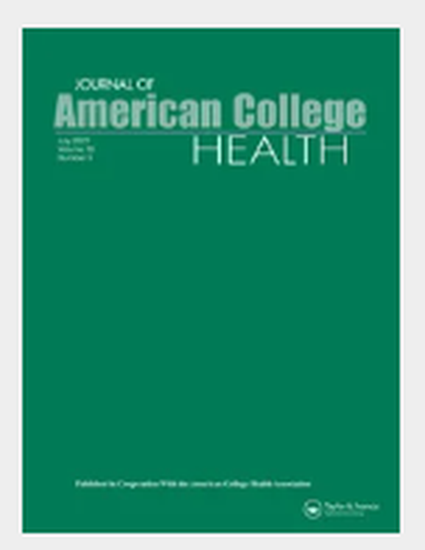
Article
Health beliefs of emerging adults: How colleges may enhance student health literacy and coproduce healthy outcomes
Journal of American College Health
(2022)
Abstract
Objective: Health literacy is important while attending a residential college where daily decisions
can impact one’s physical and mental health and knowing who or what to trust for information
is of the utmost importance in claiming more decision-making autonomy. Participants: A total
of 189 students at a University in the Northeastern United States participated in this study.
Methods: A cross-sectional survey assessment of shared beliefs around health behaviors was
conducted. Results: Areas of high consensus center around knowledge of positive health behaviors.
Consensus lessens as participants are faced with statements that require more independent thinking,
more information, and more subjectivity. Gender differences are also prevalent. Conclusions:
Exercising agency is needed when making a commitment to one health choice vs. another. Agency
in emerging adulthood has been found to be positively correlated with commitment and deliberate
decision-making both of which are needed as college students face independent health choices.
Keywords
- Beliefs; college students; consensus; emerging adults; health behaviors
Disciplines
Publication Date
Summer August 5, 2022
DOI
https://doi.org/10.1080/07448481.2022.2103376
Citation Information
Verna DeLauer, Andrea McGill-O’Rourke, Angela Ekwonye, Carissa Gordon, et al.. "Health beliefs of emerging adults: How colleges may enhance student health literacy and coproduce healthy outcomes" Journal of American College Health (2022) Available at: http://works.bepress.com/angela-ekwonye/32/
